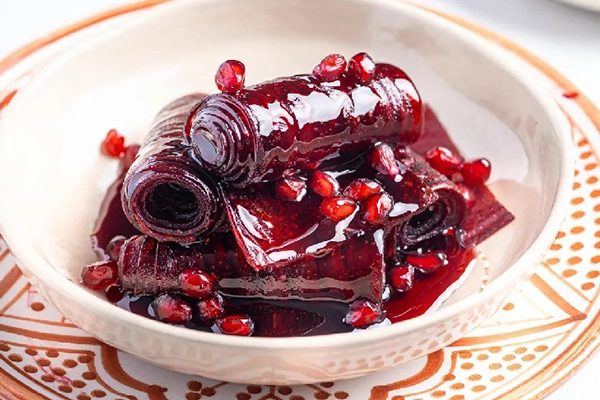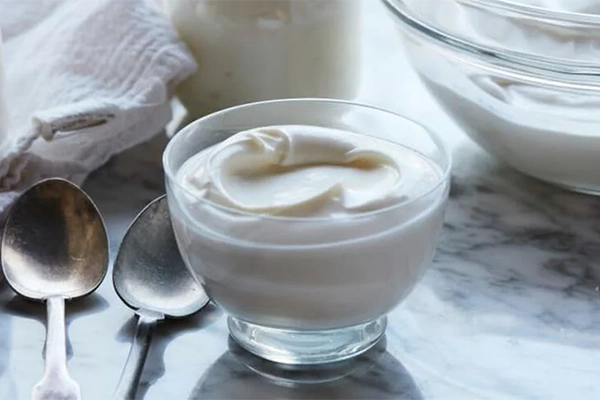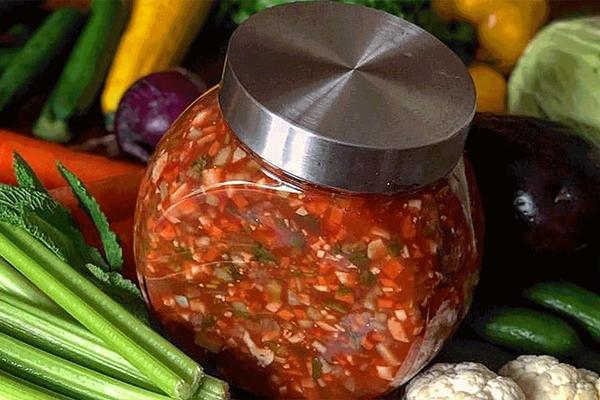Sunflower seeds aren’t just a tasty topping for your salad or a movie-time snack—they’re nutritional overachievers. These tiny seeds are packed with healthy fats, plant-based protein, fiber, and essential vitamins and minerals. Whether eaten raw, roasted, or added to your favorite dishes, sunflower seeds can be a simple, delicious way to fuel your body.
In this guide, we’ll break down sunflower seeds nutrition facts, calorie content, and health benefits—so you can make smarter choices for your diet.

What Are Sunflower Seeds?
Sunflower seeds come from the center of the sunflower (Helianthus annuus). Each sunflower head can hold up to 2,000 seeds. Once harvested, these seeds are enjoyed in many ways: raw, roasted, salted, or seasoned.
Each seed is covered by a black-and-white striped shell, but the edible part is the soft grayish-white kernel inside. Affordable, accessible, and full of nutrients, sunflower seeds are a healthy addition to nearly any meal or snack.
—
Sunflower Seeds Nutrition Facts (Per 1 oz / 28g Serving)
Let’s take a quick look at the typical nutrient breakdown for a one-ounce serving of hulled sunflower seeds:
Calories: 165
Total Fat: 14g (mostly heart-healthy unsaturated fats)
Protein: 5.5g
Carbohydrates: 6g
Fiber: 2.5g
Vitamin E: 37% of Daily Value (DV)
Selenium: 32% DV
Magnesium: 9% DV
Iron: 6% DV
Folate: 17% DV
This well-rounded sunflower seeds nutrition facts profile supports everything from heart and brain health to immunity and energy production.
How Many Calories Are in Sunflower Seeds?
A common question: Are sunflower seeds high in calories? At around 165 calories per ounce, they’re energy-dense—but those calories come from nutrient-rich sources like healthy fats and protein.
Combined with fiber, sunflower seeds help you stay full longer, making them a smart snack that supports steady energy and reduces mindless munching. This makes them a great option despite the relatively high sunflower seeds calories count.
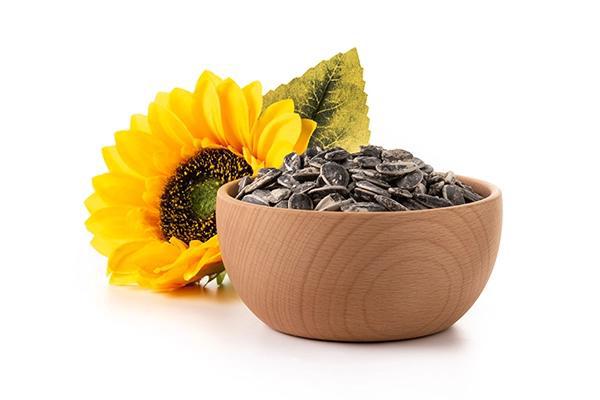
Packed with Vitamin E and Antioxidants
One of the standout sunflower seeds nutrition facts is their high Vitamin E content. Vitamin E is a powerful antioxidant that protects your cells from damage, supports immune function, and promotes healthy skin. Just a small handful of seeds delivers over a third of your daily needs—making them a skin- and immunity-boosting snack.
—
A Great Source of Heart-Healthy Fats
Sunflower seeds are rich in polyunsaturated fats, especially linoleic acid, which helps reduce LDL (bad) cholesterol and inflammation. These fats are crucial for brain function, hormone balance, and cardiovascular health.
Regularly adding sunflower seeds to your meals may support lower blood pressure and improved heart health over time. This is one of the key health benefits of sunflower seeds worth remembering.
—
Protein for Muscle Support and Recovery
Trying to increase your protein intake? Sunflower seeds are a convenient, plant-based way to do it. Each ounce provides 5.5 grams of protein, ideal for muscle repair, metabolism, and daily energy.
Pair with fruit, Greek yogurt, or other seeds and nuts for a balanced post-workout snack.
—
Top Health Benefits of Sunflower Seeds
1. Strengthens the Immune System
Sunflower seeds are loaded with selenium, zinc, and Vitamin E—three nutrients essential for immune defense. They help your body fight infection, reduce oxidative stress, and maintain healthy white blood cell activity.
2. Boosts Brain Function
Thanks to their magnesium and Vitamin B6 content, sunflower seeds support a healthy nervous system, mood stability, and cognitive performance. Great for long study sessions or mentally demanding days!
—
Are Sunflower Seeds Good for Weight Loss?
Despite their calorie count, sunflower seeds can absolutely fit into a weight-conscious diet. The combination of fiber, healthy fats, and protein helps regulate hunger hormones and prevents overeating.
When eaten in moderation, they’re a satisfying snack that helps you feel full longer—making it easier to manage portions and cravings. So don’t worry too much about sunflower seeds calories if you use them mindfully.
—
Sunflower Seeds vs. Other Popular Snacks
Let’s compare sunflower seeds to a few go-to snack options:
Sunflower Seeds (28g): 165 calories, 5.5g protein, 37% DV Vitamin E, 2.5g fiber
Almonds (28g): 160 calories, 6g protein, 25% DV Vitamin E, 3.5g fiber
Potato Chips (28g): 150 calories, 2g protein, 0% Vitamin E, 1g fiber
Clearly, sunflower seeds hold their own as a nutrient-rich, whole-food snack that delivers more than just empty calories.
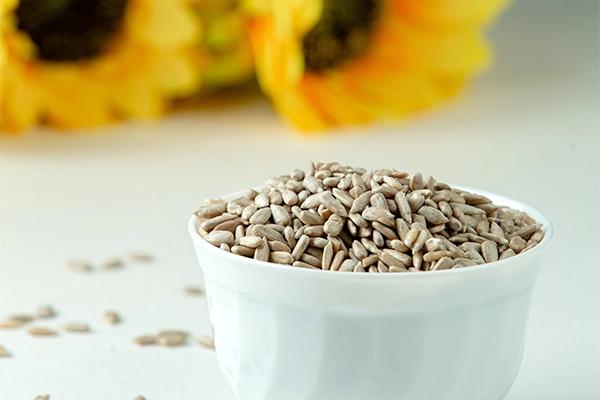
Creative Ways to Enjoy Sunflower Seeds
There are endless ways to incorporate sunflower seeds into your meals:
Sprinkle over salads or roasted vegetables for crunch and nutrients
Blend into smoothies for added texture and healthy fats
Add to yogurt or overnight oats for extra protein
Mix into homemade granola or energy bars
Top muffins, breads, or cookies for a nutty twist
Enjoy roasted with a sprinkle of sea salt or your favorite spices
🌻 Tip: Lightly toasting them brings out even more flavor!
—
Final Thoughts: Are Sunflower Seeds Worth It?
Absolutely. Sunflower seeds are small but mighty—offering a wide range of nutritional perks in just one serving. From immune support and heart health to glowing skin and steady energy, these seeds are easy to love and even easier to use.
So the next time you’re reaching for a snack or looking to boost your meals, keep sunflower seeds nutrition facts in mind. They might just become your new favorite superfood.

